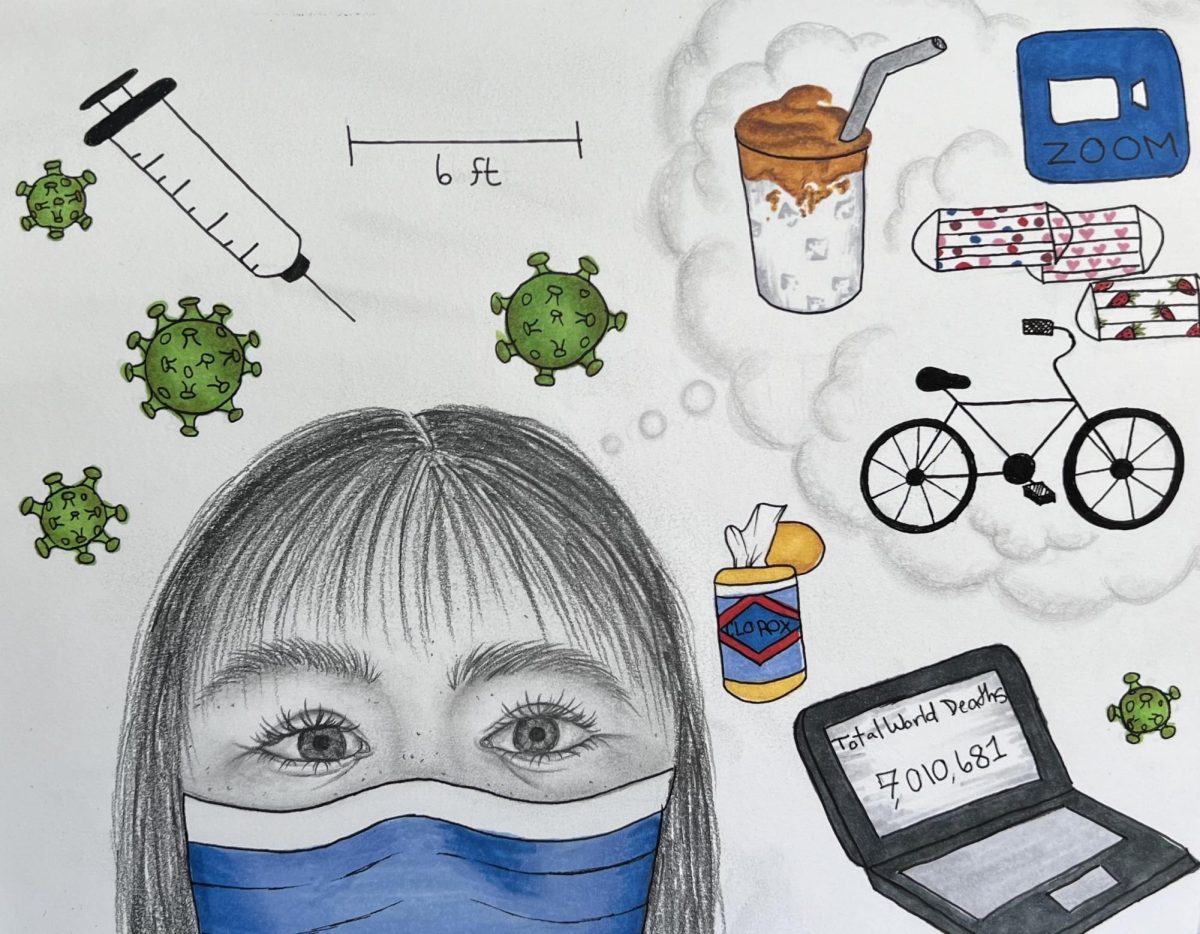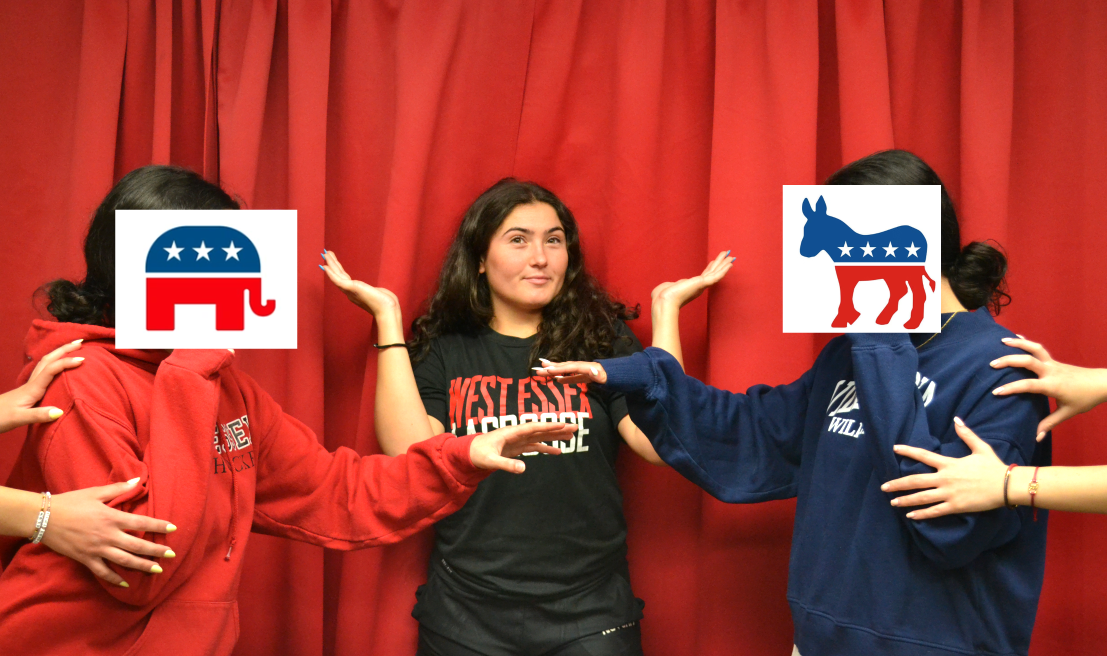The four-year “anniversary” of the COVID-19 lockdown has naturally given us an excuse to revisit throwback songs, whipped coffee, bike rides around town and all of the fun activities associated with our lives during the pandemic. In theory, nostalgia is the perfect coping mechanism for bad memories; it hides your past pain, replacing it with good memories to reminisce on. However, we can’t let the romanticizing of a pivotal time overshadow the devastation and trauma we’ve since tried to move on from.
The anniversary effect is a phenomenon where individuals experience heightened emotional distress or trauma-related symptoms around the date that marks a significant event. This effect is particularly strong as it brings back memories and emotions on the challenges and losses experienced during that time. As 2020 becomes a distant memory, many have turned to nostalgia when reflecting on the pandemic. The challenge posed to face past trauma has us inevitably filtering out our harsh memories of the past and only recalling the positive aspects.
Nostalgia can serve as a powerful coping mechanism when dealing with the anniversary effect of traumatic events like COVID-19. By reinforcing our sense of continuity and connection to the past, nostalgia offers psychological comfort and provokes a sentimental longing or wistful affection for what was once endured. Engaging in nostalgic reminiscence also fosters social connection and mutual support, contributing to a group effort in coping with anniversary-related distress. However, it’s nevertheless crucial to balance nostalgia with a realistic acknowledgment of the challenges faced during traumatic times, ensuring a comprehensive coping strategy.
Nostalgia plays a crucial role in human existence; it never fails to provide us with a sense of continuity, belonging and connection to our past experiences and identities. It can be comforting to reminisce on happier times or cherish memories that have positively shaped us rather than dealing with the trauma gathered.
With the rise of social media posts due to COVID-19’s fourth anniversary, having to do with missing lockdown and the experiences that came with it, it becomes important to recognize the importance of not romanticizing or idealizing traumatizing times. While nostalgia can offer solace,it’s crucial to acknowledge the pain, suffering and difficulties that people faced during such periods. By recognizing the full spectrum of experiences, both the nostalgic moments and the challenges, a more balanced perspective will be cultivated, which can help to process difficult emotions and memories.
Instead of simply glorifying painful times, it’s beneficial to focus on lessons learned and personal growth and the resilience demonstrated by individuals and communities. There is a way to honor the past without diminishing the severity of the hardships endured, and foster a more constructive way of dealing with the trauma faced during the COVID-19 crisis..
Nostalgia, when tinged with romanticization of the past, provokes selective memory that distorts our understanding of history. It prevents many from acknowledging the progress made since those challenging times. It’s essential to recognize that evolution since past difficult experiences is a crucial part of life, but suddenly glamorizing them can create a skewed perception of reality. Instead of idealizing the past, it’s more meaningful to appreciate how far we’ve come and use those experiences as catalysts for personal and societal growth.





